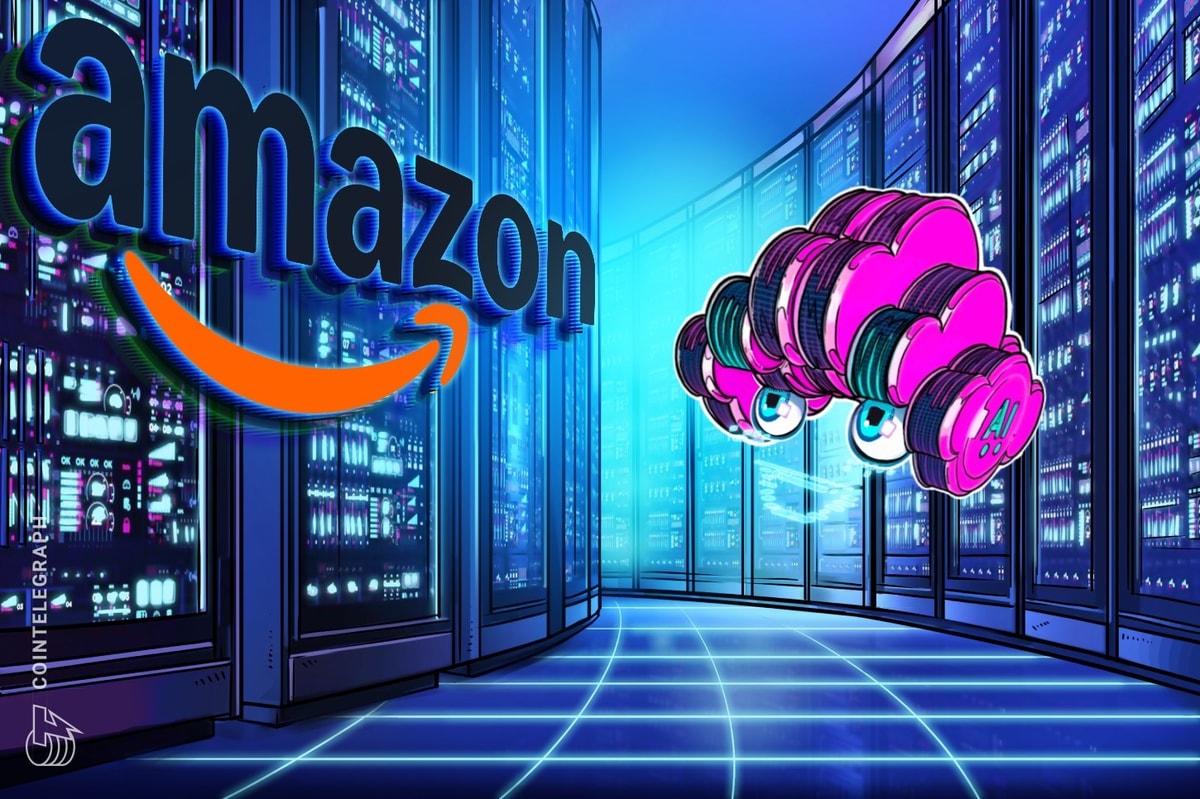In This Article:
President Trump is promising blockbuster economic growth that spans the entire coming decade in part because that is what's needed to make his "big, beautiful bill" make fiscal sense.
Even wary economists say there is one long-shot way it could happen: an AI-fueled boom.
The fight over the price tag for Trump’s multitrillion-dollar reconciliation package has complicated its progress in the Senate as the White House makes a case for why the bill will actually pay for itself. The administration's case hinges on expectations of 3% annual economic growth for the next 10 years.
So perhaps it shouldn't be a surprise that Trump aides are touting the boost that artificial intelligence could provide to the nation's gross domestic product in the coming years.
Treasury Secretary Scott Bessent brought up AI multiple times as he testified to Congress on Wednesday, saying at one point, "Given this gigantic AI spend that we're seeing, the productivity increases from that may hit the US economy within the next 12 to 24 months and could accelerate our GDP growth."
He said the technology could lead to growth above the already aggressive projections from Republican lawmakers of 2.6% in the decade ahead.
David Sacks, Trump's czar for AI and crypto, went even further while speaking to an Amazon Web Services summit in Washington on Tuesday.
"I could see AI driving our growth rate to something like 4% or 5%," he said, acknowledging that AI could present some challenges, but that it will be "a huge economic tailwind for us."
It is perhaps one of the few areas of tentative agreement between Trump's team and economists, who have an $11 trillion gap in how they see Trump's fiscal agenda playing out.
The Committee for a Responsible Federal Budget has been raising alarms about the price tag of Trump's bill from the start.
Marc Goldwein, the group's senior policy director, spoke to Yahoo Finance recently and called the White House projections "ridiculous," saying of potential economic growth, "If we did maybe every single policy right, and we got an incredible amount of luck, maybe we could get into the high twos."
He added that there is a very outside scenario where things go higher. If that happens, though, he says, it would "have very little to do with this tax bill [and be because] AI creates a massive productivity surge, things like that, that are unrelated to this and it wouldn't be sustained."









 English (US) ·
English (US) ·